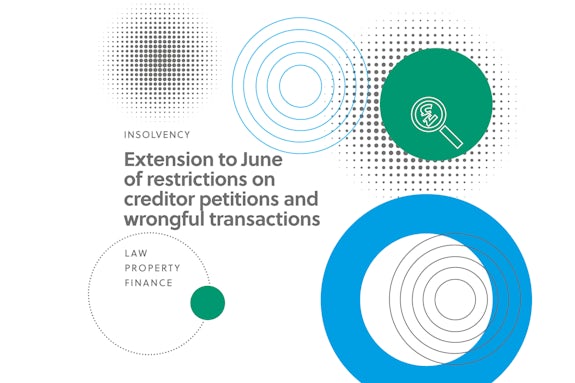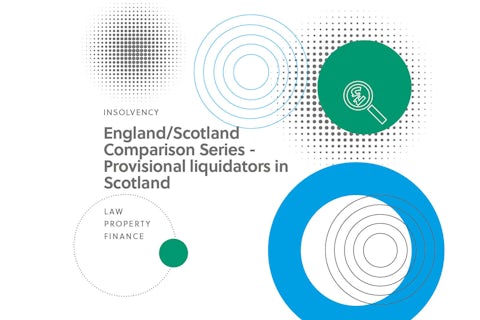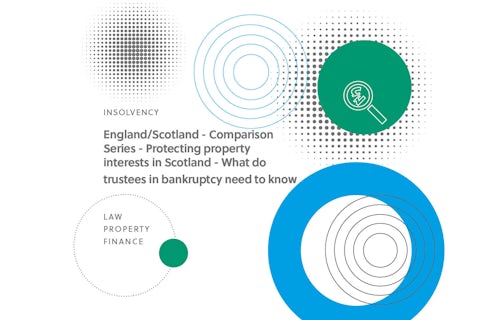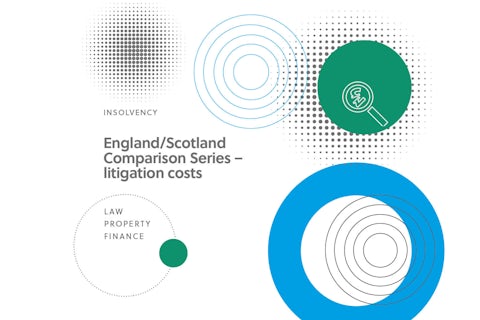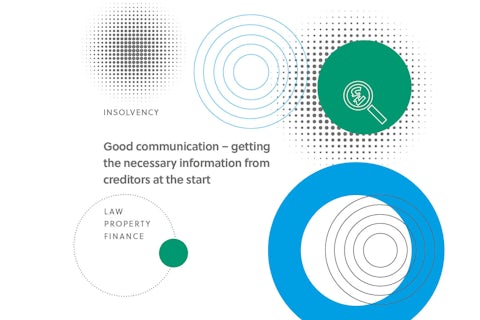With Spring arriving and an improved picture on coronavirus infections and hospitalisations, the government north and south of the border have announced route maps for exiting lockdown. The prospect of lockdown easing has, of course, focused on slowly returning to business as usual; to eating out and reunions with family and friends. The return to business as usual will also come with the less heralded easing of restrictions on corporate insolvency.
The current limitations on the ability of creditors to present winding up petitions for debtor companies have been extended until 30 June 2021. Until then, a creditor will have to persuade a court that coronavirus has not had a financial effect on the debtor company – a very high bar after a year of lockdown.
Alongside the limitations on creditor winding up petitions, directors are currently afforded some protection from personal liability for wrongful trading. The suspension of personal liability for wrongful trading has also been extended until 30 June 2021. We consider here (link to director’s duties article) the extent of the protection afforded by the suspension of wrongful trading.
Predicting what will happen with coronavirus restrictions come June may be foolish but the indications from government is that the current lockdown is to be the last. It would be unwise to expect a further extension of the restrictions on creditor petitions for winding up and liability for wrongful trading. Directors of debtor companies ought to use be aware that creditors may be able to exert more pressure to pay when winding up petitions are again available in the summer. Reviewing the financial position of your business and coming to repayment agreements with creditors now is advisable. If repayment is going to be a challenge then directors should be taking advice on the company’s financial position and ability to trade going forward.
Creditors ought to be mindful of whether debtors are likely to be able to meet the debt. Furlough, deferred tax payments and uncertainty about the future business landscape may mean that many companies will simply be unable to pay. Creditors will need to be careful that they do not “throw good money after bad” in chasing debts that will never be repaid. While the restrictions on creditor winding up petitions remain, creditors would be well advised to review the debts and debtors and take a view on the ability of debtors to pay.
If you would like further information on the topic discussed in this article, please contact a member of the Insolvency Team.
Steven Jansch by email: sjansch@gilsongray.co.uk or by phone: 0131 516 5361 / 07841 920 100.
Eilidh MacEwan by email: emacewan@gilsongray.co.uk or by phone: 0131 285 1809 / 07376 192 463.
The information and opinions contained in this blog are for information only. They are not intended to constitute advice and should not be relied upon or considered as a replacement for advice. Before acting on any of the information contained in this blog, please seek specific advice from Gilson Gray.

